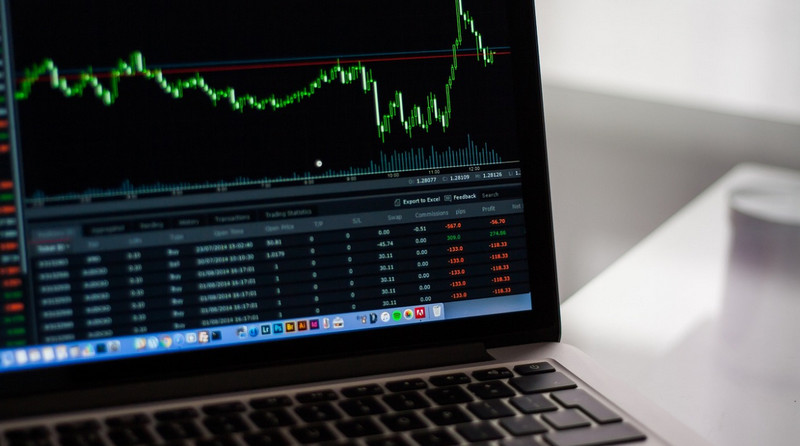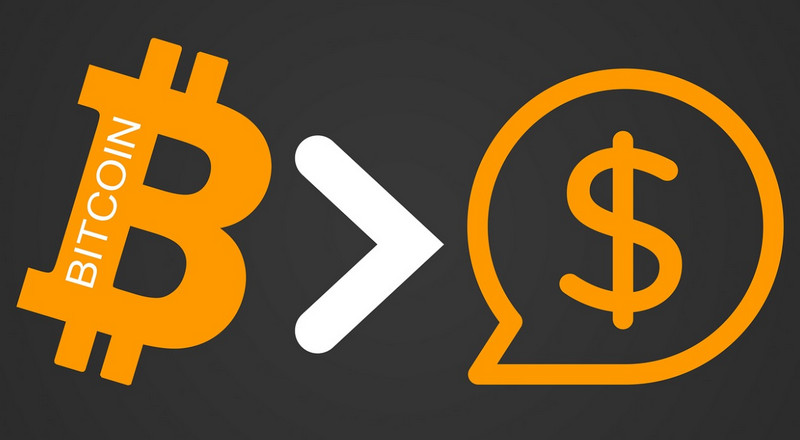Stock prices can be artificially pushed up or down through the use of market manipulation strategies such as telemarketing, social networking, and high-speed trading. Those responsible for the manipulation use the resulting price increase or decrease to their own benefit.
The purpose of market manipulation is to artificially inflate or deflate the supply or demand for a security in order to fool investors and swindle them out of their money. Individuals responsible for fabricating price fluctuations often stand to gain at the expense of other investors.
The U.S. Securities and Exchange Commission (SEC) has issued a warning to investors about the risks of making quick trades based on information gleaned from social media and internet message boards. Individual investors will be shielded from “abusive or manipulative trading activity,” it has pledged.
On the 14th of February, the attorney Berman, the original poster, announced it will sue a significant offender on the Reddit platform in a class action lawsuit for price manipulation. Specifically, there are three forms of market manipulation that are illegal under both the Securities Act of 1934 and the Commodities Exchange Act:

If fraudsters are interested in buying or selling a particular stock, they may spread false information with the intent of driving up or driving down the price, respectively. Misinformation and rumours can easily be disseminated through online communities, chat rooms, email campaigns, and fake newsletters.
In order to make it seem like there is activity or that prices are changing, dishonest traders will engage in phony deals. As there is no transfer of ownership in these transactions, the trader assumes no risk. Putting in several buy or sell orders and then canceling them all is an example of paper trading.
The health of the economy and its ability to grow and thrive are profoundly influenced by the financial markets. Misleading investors is only one way that financial market manipulation may hurt the economy. There are innumerable ways to manipulate the market, but some of the most prevalent include the following:
Common investors are usually the direct targets of pump-and-dump schemes, the most popular type of investment fraud. These minor enterprises are included in the category of over-the-counter traded “microcaps” or “penny stocks” (OTC). Businesses that trade “over the counter” don’t have to follow the same rules as those listed on major exchanges like the New York Stock Exchange or the National Association of Securities Dealers. Because of the low market capitalization and lack of public information on these companies, fraudsters frequently target them for their schemes.
Facewash trades, also known as wash transactions or matching orders, occur when a single trader places orders to buy and sell the same quantity of shares at the same price. There is minimal monetary risk for the trader, and no transfer of title occurs. Orders that are “matched” are trades in which a buyer and a seller exchange their respective commitments to purchase or sell a certain number of shares at an agreed-upon price.
One such type of deceptive business is spoofing. It takes a lot of purchase and cancellation orders to get to the point where a trade can be made. JPMorgan Chase was fined $920 million in 2020 by the CFTC for intentionally canceling thousands of commodity futures transactions before execution over the course of eight years in an effort to manipulate market prices.
The high-volume trading strategy comes very close. The stock’s closing price is artificially inflated due to the high volume of activity that occurs at the end of the trading day. The Commission fined the investment firm Spartan Capital millions of dollars in 2014 because, for six months, it routinely made large deals in hundreds of market shares in the session’s closing two seconds.
Investors are harmed on a daily basis by market manipulation methods, and they often have no redress. The Office of Market Intelligence of the Securities and Exchange Commission (SEC), the Commodity Futures Trading Commission (CFTC), and the United States Department of Justice are just a few of the agencies charged with investigating and prosecuting market manipulation crimes. If you suspect fraud or market manipulation and wish to remain anonymous, you should get in touch with the SEC. Yet, the best protections are simple measures you may take before investing.
Manipulating the market involves increasing or decreasing the supply or demand for a security on purpose.
The manipulators of the market benefit from the subsequent purchases and sales of securities as a result of the price changes caused by their actions.
For instance, market manipulation can take the form of rumors, fake trades, or tampering with prices. The common investor is vulnerable to numerous well-known schemes and often has no recourse for recouping their losses.







